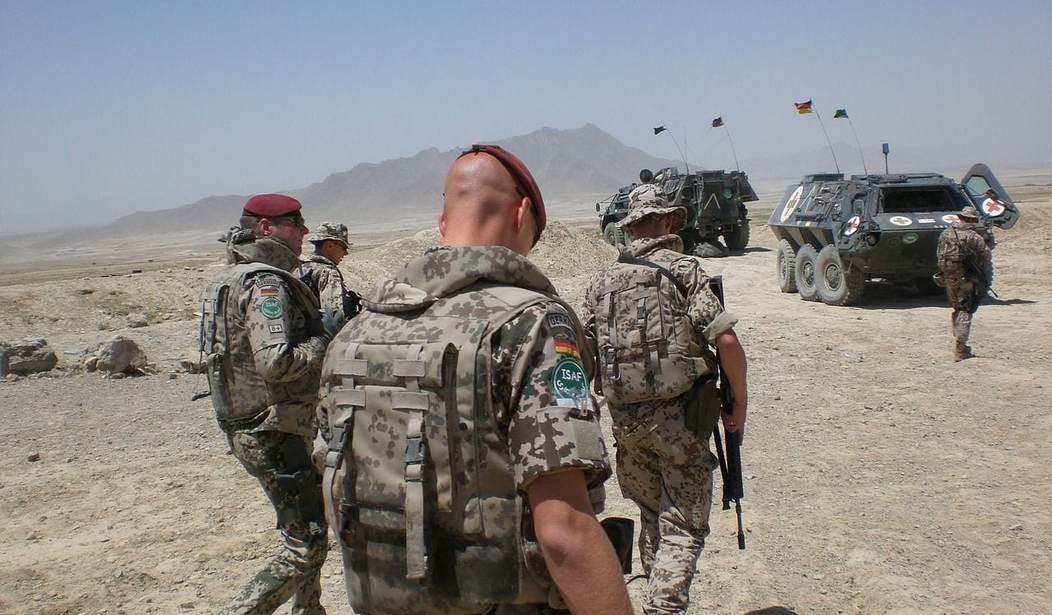The 700 U.S. troops formerly stationed in Syria and withdrawn by the president just prior to Turkey’s invasion will go to western Iraq and conduct counter-ISIS operations from there, according to Defense Secretary Mark Esper.
Despite Trump’s promise to bring the troops home, they will simply be shifted several hundred miles west. While Esper is mum about their specific mission, the location will allow for continued support for allies fighting ISIS and counter-terrorism operations in Iraq.
His comments were the first to specifically lay out where American troops will go as they leave Syria and what the counter-IS fight could look like. Esper said he has spoken to his Iraqi counterpart about the plan to shift the more than 700 troops leaving Syria into western Iraq.
The developments made clear that one of President Donald Trump’s rationales for withdrawing troops from Syria was not going to come to pass any time soon. “It’s time to bring our soldiers back home,” he said Wednesday. But they are not coming home.
As Esper left Washington on Saturday, U.S. troops were continuing to pull out of northern Syria after Turkey’s invasion into the border region. Reports of sporadic clashes continued between Turkish-backed fighters and the U.S.-allied Syria Kurdish forces despite a five-day cease-fire agreement hammered out on Friday between U.S. and Turkish leaders.
The U.S. should have no trouble continuing its anti-ISIS missions from western Iraq. Most operations involved special forces and logistics support, which realistically could be done from anywhere.
With the Kurds withdrawing from the fight against ISIS, will the U.S. take on a more active military role?
Esper said the troops going into Iraq will have two missions.
“One is to help defend Iraq and two is to perform a counter-ISIS mission as we sort through the next steps,” he said. “Things could change between now and whenever we complete the withdrawal, but that’s the game plan right now.”
The worry is that ISIS will become emboldened by the Kurdish withdrawal and look to concentrate their scattered forces and go on the offensive. A Pentagon report leaked last month says that the terrorist group has “solidified its insurgent capabilities in Iraq and was resurging in Syria” as local security forces struggled to hold on to hard-won gains following the partial US military drawdown. We know from history that ISIS is, if nothing else, persistent.
But ISIS will need years to achieve enough military muscle to threaten Iraq or Syria again. Keeping it at bay with the small numbers of special forces and support personnel we have on the ground in the region should be adequate.










Join the conversation as a VIP Member